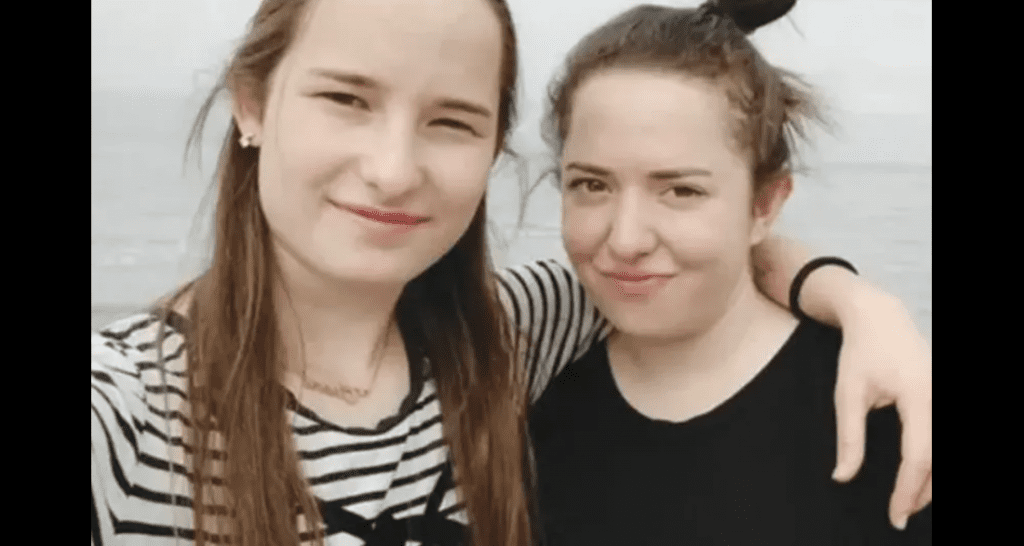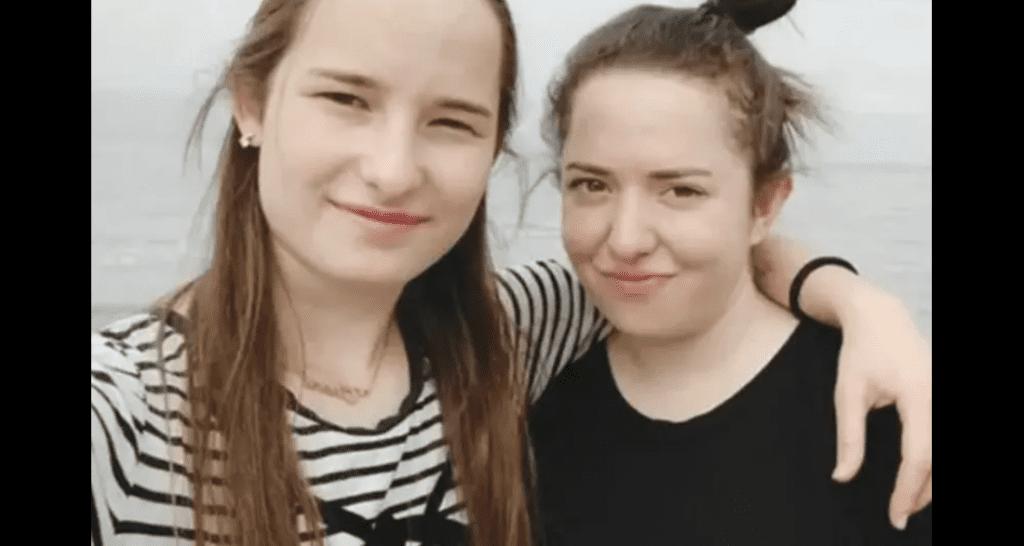JANUARY 25, 2020
Two young women who jumped to their deaths from a tall building in West Jerusalem last weekend left behind a note explaining their choice — and struggles with faith and religion played no small part.

Sarah Klapman was 24 years old when she took her own life; her cousin, Hani Solish, was only 19. They often spent time together at their grandmother’s house, where Klapman was living. (Her parents resided in America.) It was at that same grandmother’s home that their suicide note was found.
The women came from a strictly observant Orthodox Jewish family, and in the note she left behind, Solish said she was struggling with her family’s religious convictions and she was afraid of disappointing them.
Both cousins were in a WhatsApp group with three of their friends, where they often discussed their struggles with religion and offered each other support. Not long after the suicide, a girl from the same group posted to say she understood her friends’ choice, writing, “I understand what you did.”
According to Israel’s Central Bureau of Statistics, who studied a cohort of Orthodox Jewish infants born around the same time as Sarah Klapman, one in ten of them will abandon the Orthodox community. They might seek to practice the Jewish faith in a way that better suits their own convictions, or they might leave the religion altogether.
That’s an important statistic, because for young people from Orthodox communities, losing your religion comes with very high stakes. Questioning the family’s faith can lead former believers without family, friends, and community just when they most need support to handle the upheaval in their belief system.
For Klapman and Solish, the experience exacerbated previously existing traumas and mental health problems to the point where they saw no other way out. A close friend of both girls described their ongoing struggles with mental illness and suicidal ideation:
Hani was still anxious. As far as I know she just didn’t see so much reason to live. She was depressed and found no interest in life. For a long time [Sarah] had moments with suicidal thoughts. She didn’t see many reasons to live in those moments; she was pumped into depression… She told me that [Hani] was sad even before they moved in together. In an attempt to make her happy, she ordered a Taylor Swift shirt from the Internet. Hani adored her.
One or both girls had reportedly received some help from a therapist, but her family pressured her to give up the highly-stigmatized treatment.
Klapman and Solish are far from the first to end their lives after wrestling with doubt surrounding their Orthodox Jewish religion, and as long as intense pressure to conform remains part of the religious landscape, they won’t be the last.
If you’re considering ending your own life for any reason, please call the National Suicide Prevention Lifeline at 1-800-273-8255 or Crisis Services Canada at 1-833-456-4566. A group called Footsteps can also help those trying to leave the ultra-Orthodox community.
